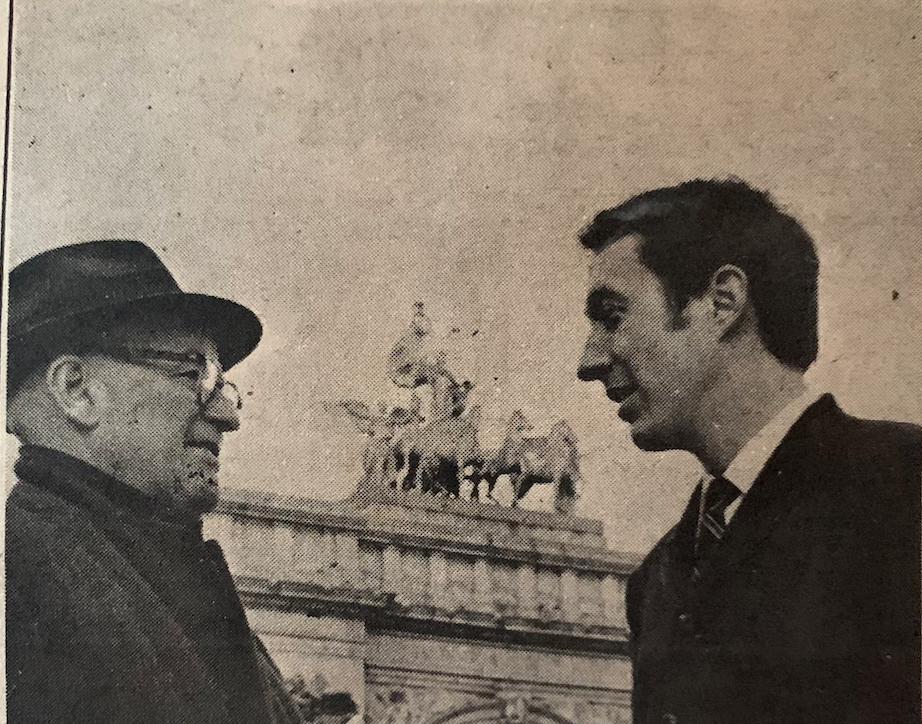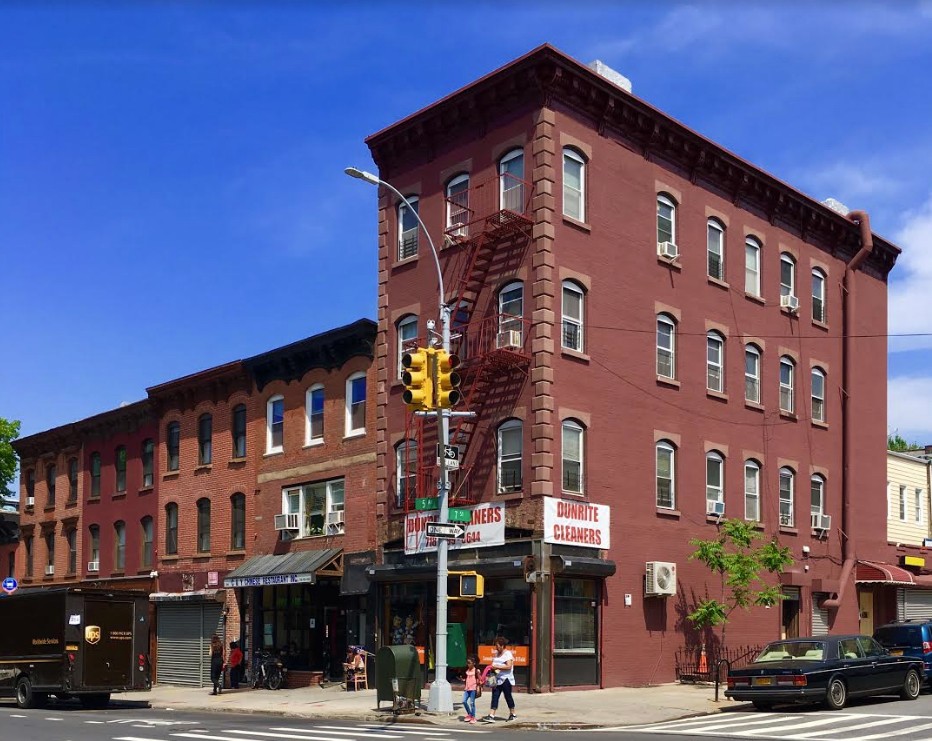Joe Ferris, Bklyn reformer, state assemblymember, ardent activist, COVID-19 victim

 Update: A funeral mass will be held at St. Francis Xavier in Park Slope on Saturday, August 15, at 11 a.m. In lieu of flowers, donations can be made in his memory to the Old Stone House online or at P.O. Box 150613, Brooklyn, NY 11215.
Update: A funeral mass will be held at St. Francis Xavier in Park Slope on Saturday, August 15, at 11 a.m. In lieu of flowers, donations can be made in his memory to the Old Stone House online or at P.O. Box 150613, Brooklyn, NY 11215.
Joseph Ferris, a longtime Brooklyn assemblymember who helped to found several block associations and civic groups in Park Slope, was involved in the struggle to save Brooklyn’s historic brownstones, and worked to establish the Old Stone House as an ongoing memorial to the Battle of Brooklyn, died on Saturday, June 20, at Cobble Hill Health Center in Brooklyn after contracting COVID-19 in April.
Ferris was elected to the Assembly in 1974, representing Park Slope, Windsor Terrace, Kensington, Sunset Park and Borough Park, and served for a decade.
